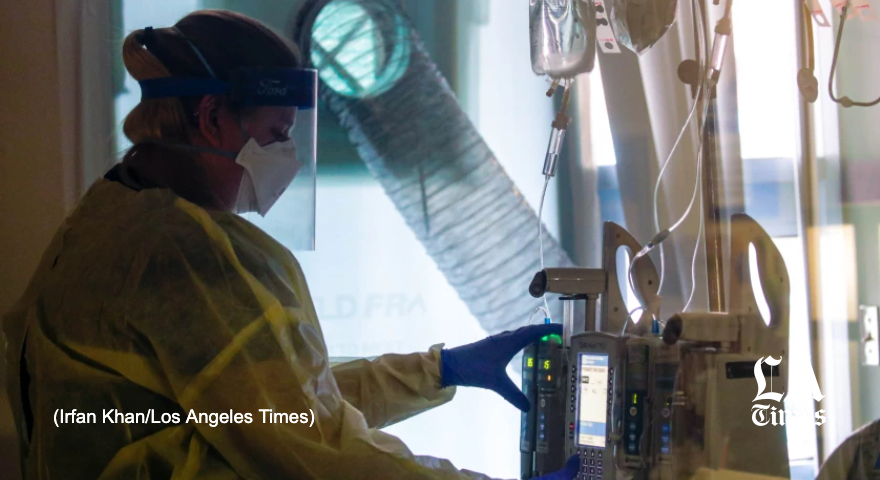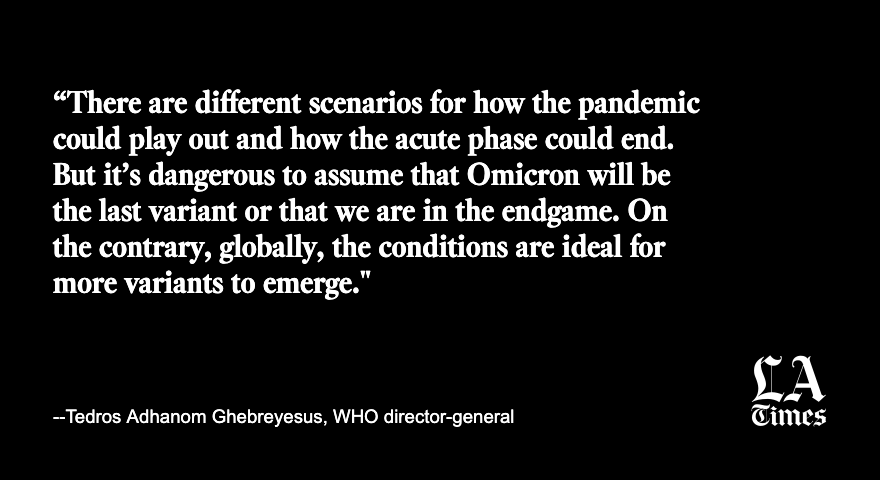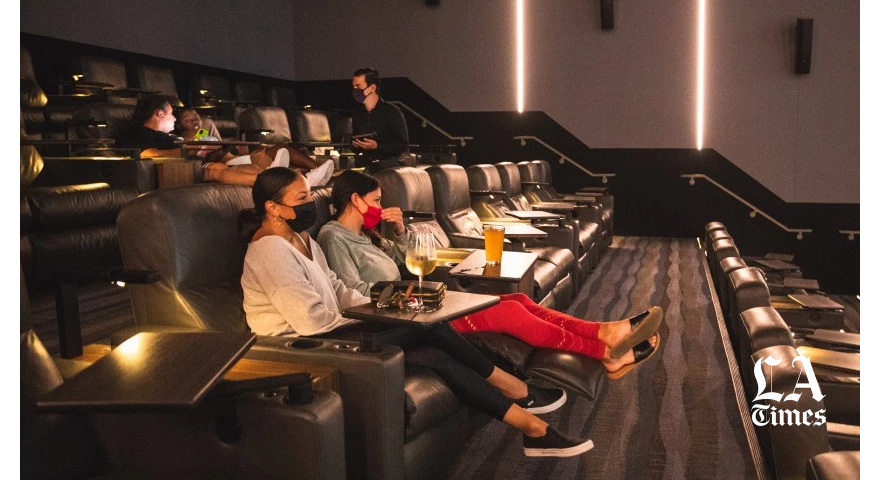
Hundreds of excited “fans” will pour onto the field while hip-hop dream team Snoop Dogg, Mary J. Blige, Dr. Dre, Eminem & Kendrick Lamar perform during the Super Bowl LVI halftime show. Viewers will likely see them move their bodies to the music.
latimes.com/entertainment-…
latimes.com/entertainment-…

What they won’t see are the 72 hours they spent over nine days in unpaid rehearsals lasting as long as nine hours a stretch — and how they were asked to provide their own transportation and adhere to a strict confidentiality protocol.
latimes.com/entertainment-…
latimes.com/entertainment-…
Field cast participants — aspiring dancers, actors, singers and musicians recruited from local drill teams as well as theatrical, community and athletic groups — are expected to be grateful for the once-in-a-lifetime opportunity.
latimes.com/entertainment-…
latimes.com/entertainment-…
But the situation is causing a stir in the dance community after dance artist & activist Taja Riley posted about it on Instagram. Other performers, including Alyson Stoner and Heather Morris, have since spoken out about it on social media.
latimes.com/entertainment-…
latimes.com/entertainment-…
Riley has worked as a paid dancer in 2 halftime shows, & she did not audition for this year. But she felt compelled to speak out after learning that Bloc LA, a prominent agency representing dancers, reached out to clients with the volunteer opportunity.
latimes.com/entertainment-…
latimes.com/entertainment-…

Jana Fleishman of Roc Nation, which executive produces the halftime show, said, “No one working with this show contacted an agency to request professional dancers to volunteer. Lastly, we strictly follow and adhere to all SAG-AFTRA guidelines.”
latimes.com/entertainment-…
latimes.com/entertainment-…

Halftime show choreographer Fatima Robinson said the call for paid dancers was put out through most of the major dance agencies in L.A. The 400 field cast volunteers are being recruited elsewhere.
Read more from @jessicagelt at latimes.com/entertainment-…
Read more from @jessicagelt at latimes.com/entertainment-…
• • •
Missing some Tweet in this thread? You can try to
force a refresh










